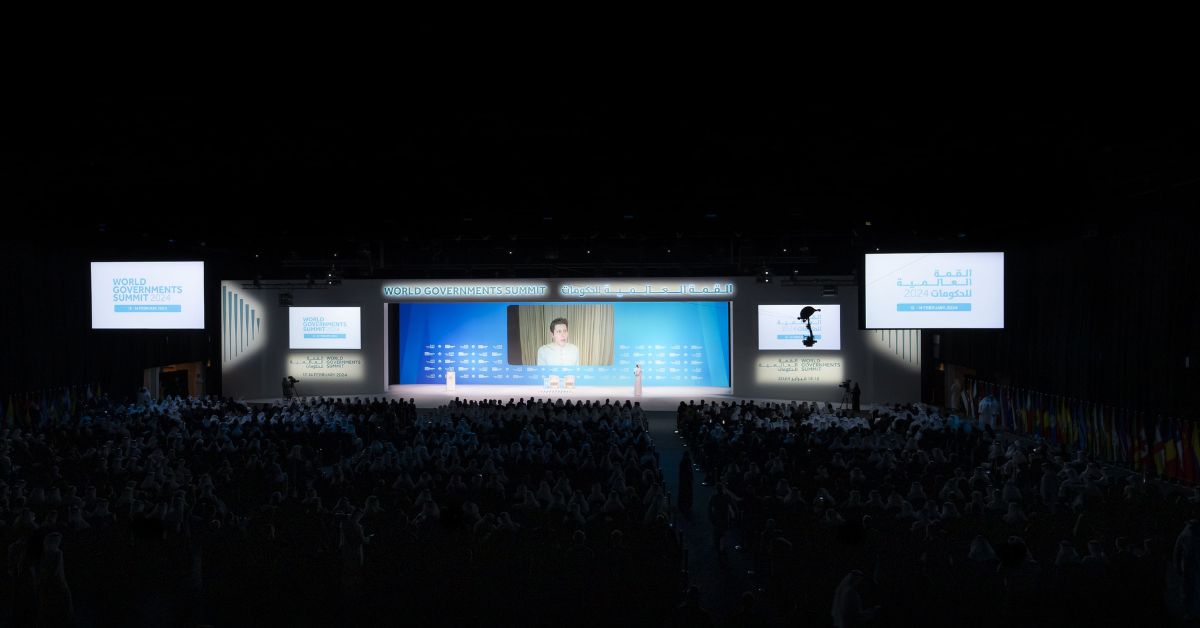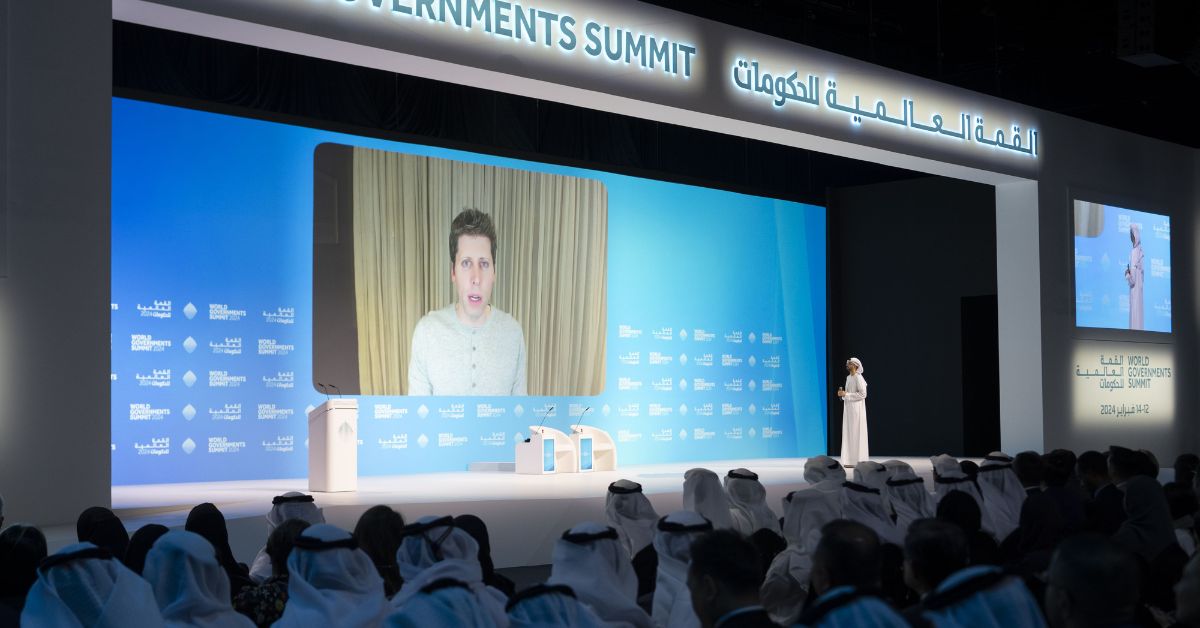DUBAI — The Middle East is at the forefront of technological transformation, with artificial intelligence (AI) increasingly becoming a focal point for innovation and development across various sectors. One significant area of AI application in the region is Generative AI (GenAI), which has made profound strides. GenAI burst into the public consciousness in 2023, promising to revolutionize business operations.
The Middle East exhibits a distinct approach to AI and GenAI adoption, markedly different from broader global trends. According to a Boston Consulting Group (BCG) survey, while 66 percent of global leaders report dissatisfaction or ambivalence regarding their AI and GenAI progress, the scenario in the Middle East diverges. The report revealed that 61 percent of executives anticipate over 10 percent productivity gains from AI and GenAI in 2024.
Furthermore, 54 percent of Middle Eastern executives indicate that their AI/GenAI capabilities are currently focused on practical application, transitioning from limited experimentation to more comprehensive and scaled initiatives. “The Middle East is making significant progress in the field of GenAI by developing essential AI capabilities and recognizing the importance of data as a key asset for immediate and strategic value,” says David Panhans, Managing Director and Senior Partner at BCG. He adds that the region’s emphasis on leveraging data for AI and GenAI solutions to address various business challenges, combined with a digital-first, data-driven mindset, distinguishes the region in GenAI, enabling substantial productivity gains and innovation.
“The BCG AI Radar: From Potential to Profit with GenAI” report, based on a survey of 1,406 C-level executives across 50 markets and 14 industries, shows that 71 percent of executives plan to increase tech investments in 2024, an 11-point jump from 2023. Moreover, 85 percent plan to ramp up their spending on AI and GenAI.
In workforce development, the Middle East leads in upskilling efforts related to GenAI. However, despite this progress, there is room for improvement, as currently, only 11 percent of Middle East executives report that more than a quarter of their workforce has received training in GenAI tools. This indicates a focused yet ongoing effort in the region to equip the workforce with the necessary skills for the evolving AI landscape. “As the Middle East continues to excel in AI and GenAI, a key focus is on building the necessary AI muscle to support and advance this area,” states Mark Zaleski, Managing Director and Partner at BCG X.
“Our region is committed to advancing technology and developing our workforce through comprehensive change management, beginning with leadership. Significant progress has been made in training our workforce in GenAI, yet the path toward achieving comprehensive AI proficiency continues. We believe our dedication to technological and human capital development is essential,” he added.
This Is Not the Time to Wait and See
While a minority of companies are already benefiting from AI and GenAI, others are either trying to catch up or are hesitating to engage. More than 60 percent of executives surveyed report their companies are waiting to see how AI-specific regulations unfold, and only 6 percent of companies have trained more than 25 percent of their workforce on GenAI tools so far.

The report identifies “winning” companies as those that recognize the lasting impact of GenAI and its potential to enhance both productivity and top-line growth. It highlights several traits that distinguish these successful companies from the rest:
Investment in Growth: Organizations planning to invest over $50 million in AI and GenAI this year are 1.3 times more likely to see cost savings in 2024—and 1.5 times more likely to realize more than 10 percent in cost savings.
Systematic Upskilling: Twenty-one percent of organizations spending upwards of $50 million on AI and GenAI this year have already trained more than a quarter of their workforce.
Cost of Use Awareness: Despite its significant long-term implications, cost of use is often overlooked. Only 19 percent of those surveyed see cost as the primary concern when selecting an AI or GenAI solution.
Building Intentional Relationships: A mere 3 percent of executives view preexisting partnerships as a priority when seeking AI solutions.
Implementing Responsible AI Principles: Among companies investing more than $50 million in AI in 2024, 27 percent have appointed the CEO to lead their Responsible AI (RAI) strategy, compared to 14 percent overall.
In the Middle East, AI has the potential to redefine company operations, offering substantial value to individual businesses and the economy at large. This shift toward AI-driven transformation necessitates a ‘Value-first’ approach and a ‘Tech + Change Management’ mindset for success across various sectors.
Integrating GenAI into business ecosystems promises not only to enhance operational efficiencies and generate top-line impact but also to spur the development of new business models, fostering economic growth and regional development.

